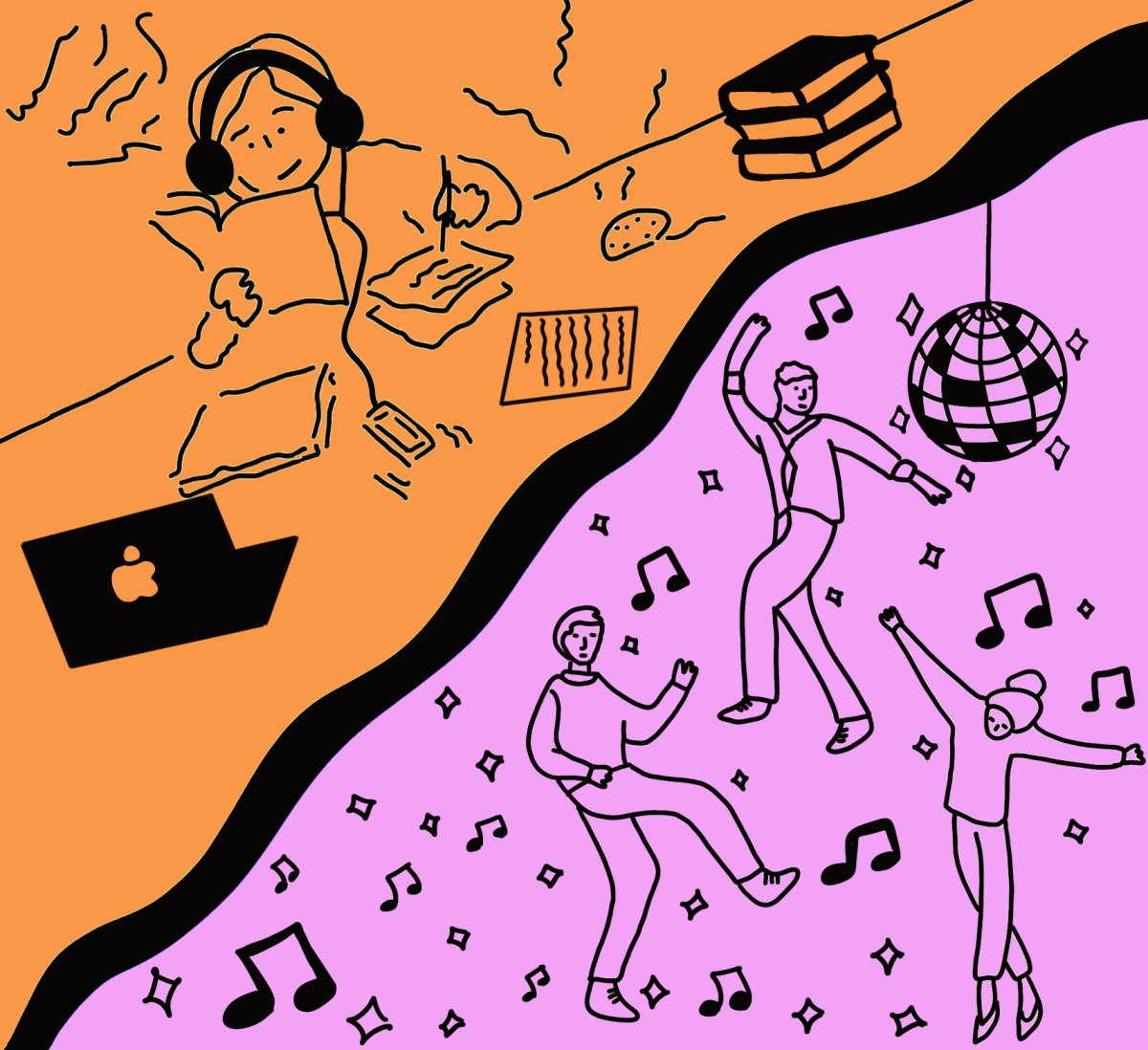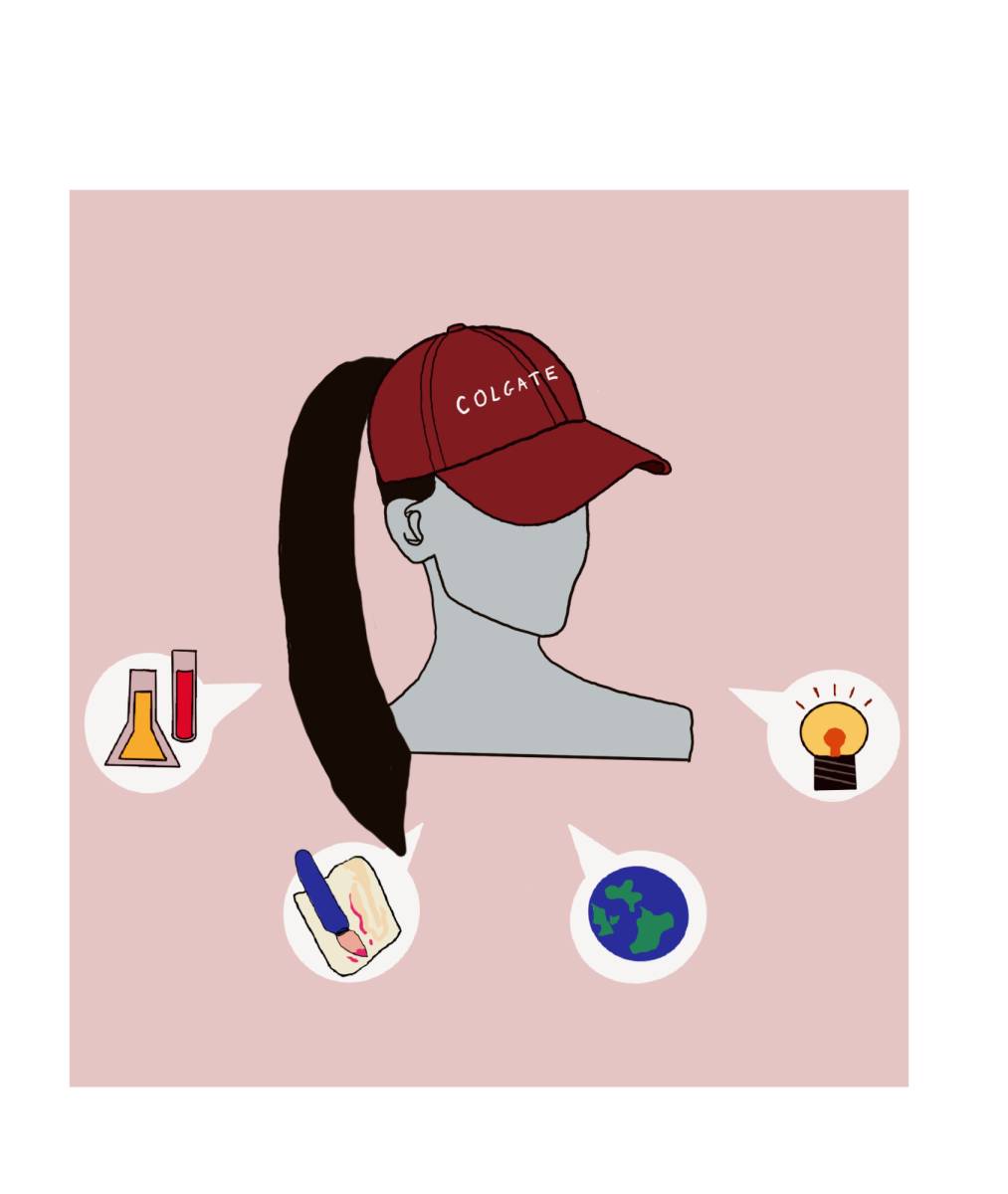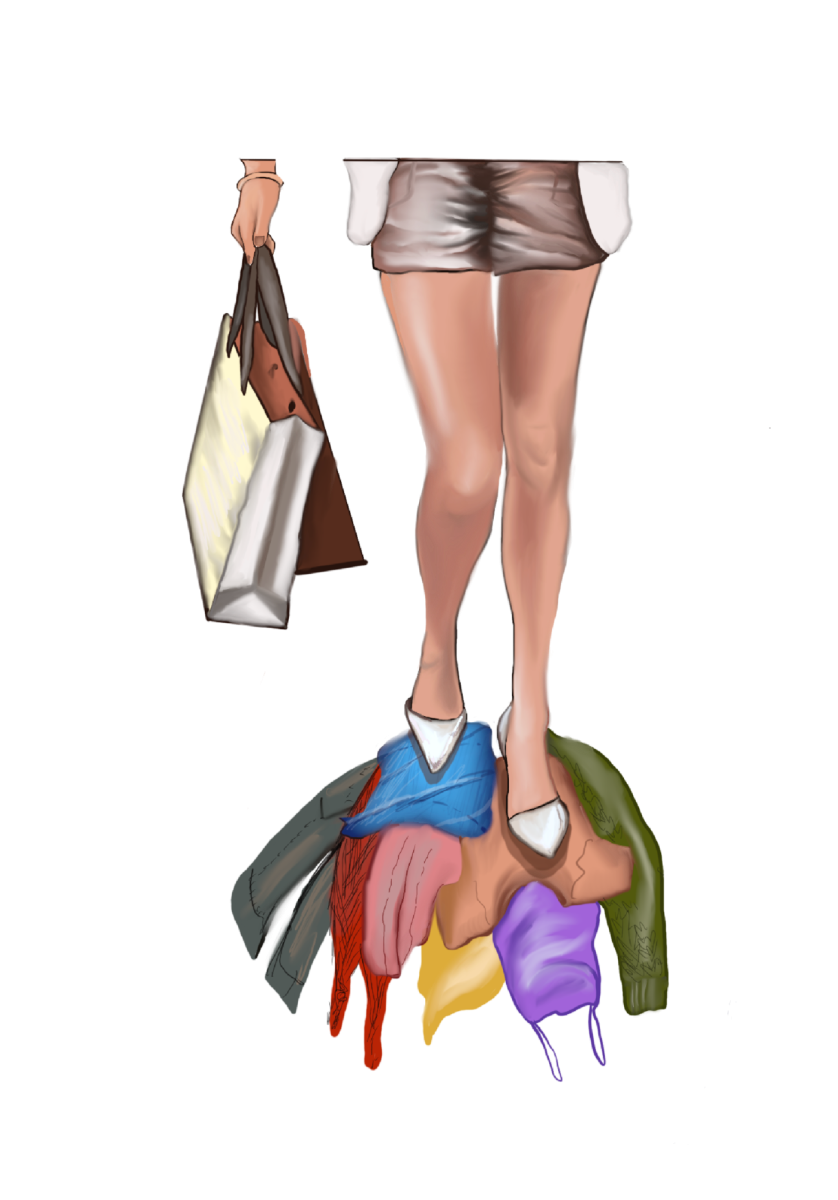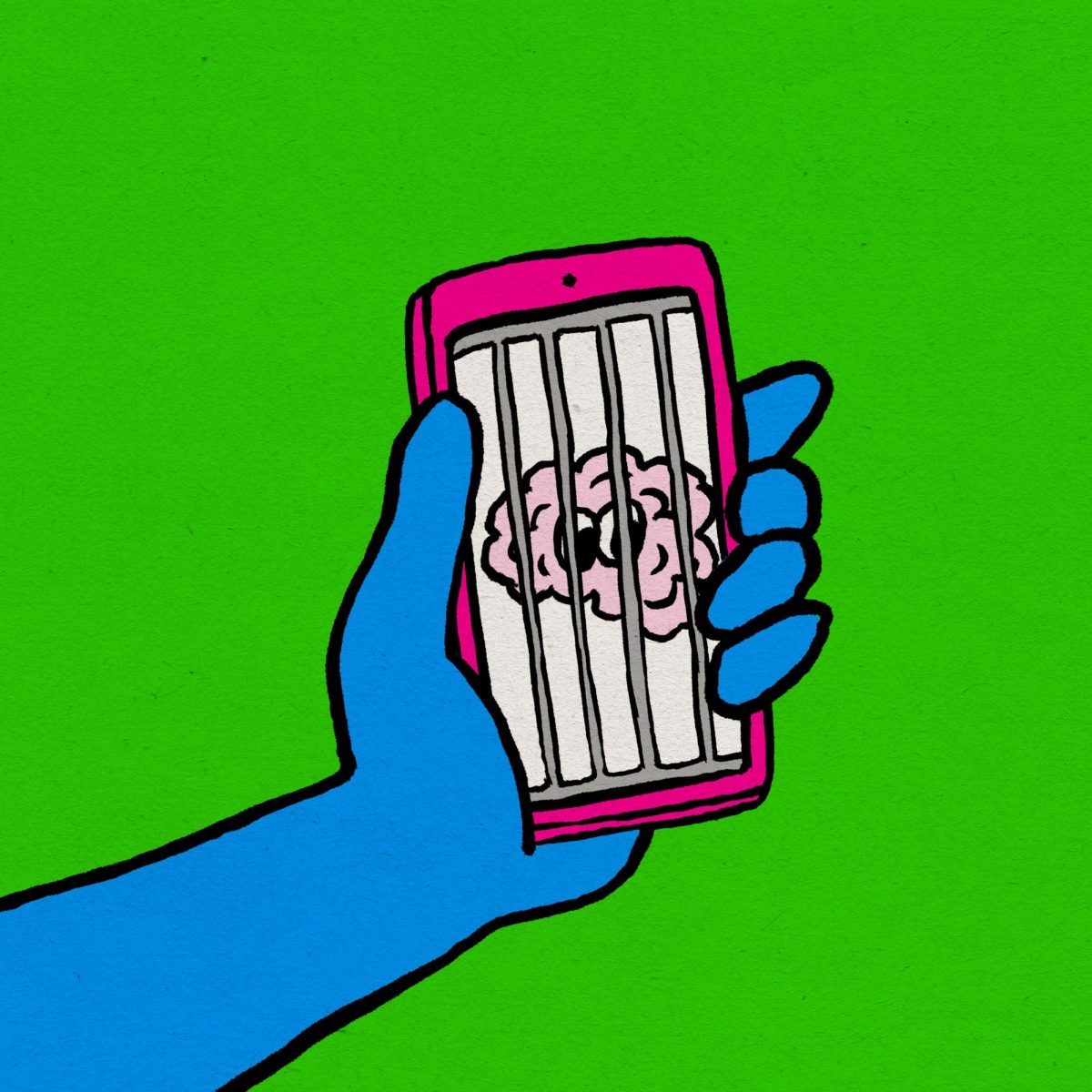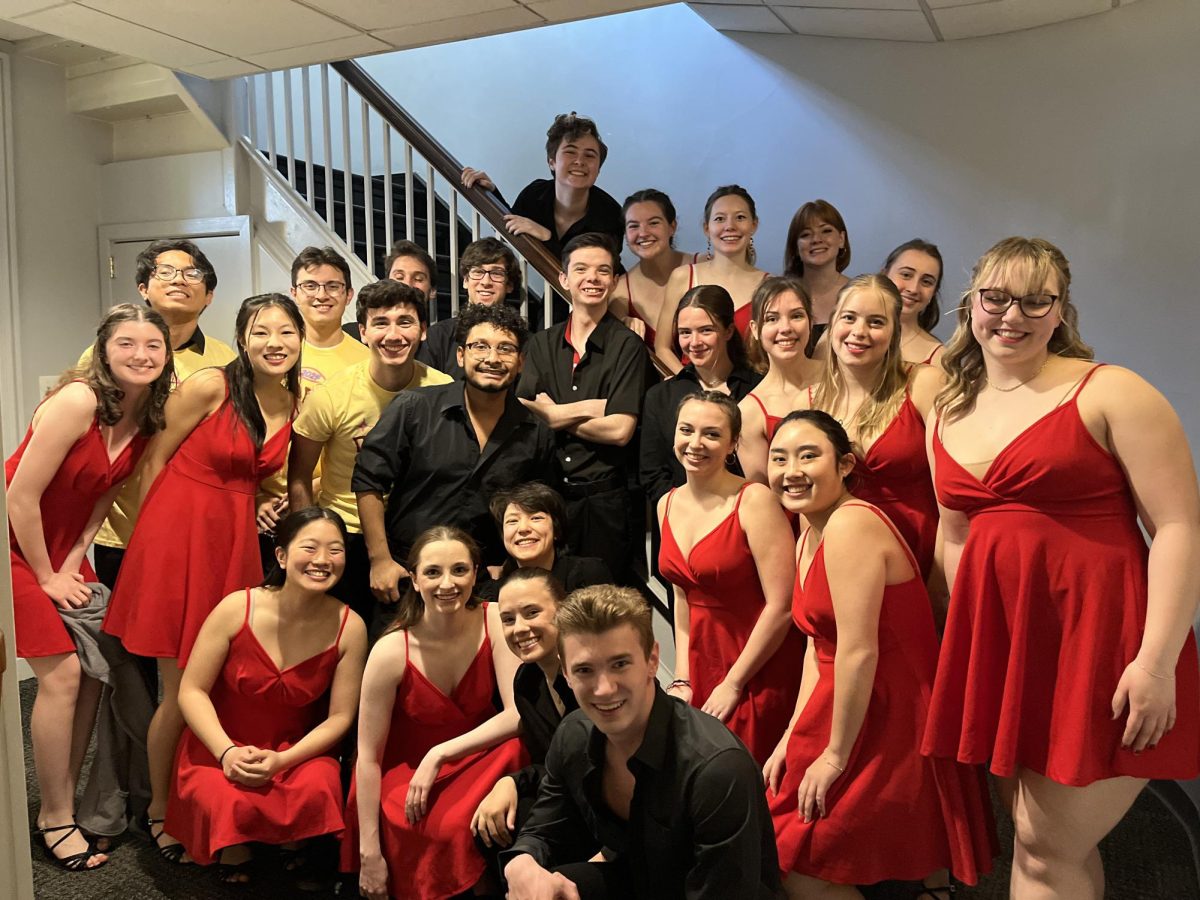It could be said that Colgate University’s unofficial motto has become “work hard, play hard.” That is in no small part a reflection of its simultaneous academic rigor and lively social scene. Students put in the work required of them and then earn subsequent leisure time; they spend time in the library to earn time at whichever party is happening that night.
Inherent in the “work hard, play hard” mantra is an insinuation that the two values are antonymic. That is, one “works hard” in order to “play hard.” They are understood as mutually exclusive and adverse in nature. At first glance, this is an obvious and reasonable juxtaposition. Why wouldn’t “work” and “play” be respective opposites to one another? Reinforcement of such a dichotomy in collegiate life is significantly more harmful than one may realize.
Let us begin by defining what these two values mean. “Work” may be loosely regarded as any physical or mental effort with the intention of garnering a result. “Play,” or “leisure time,” may be understood as time freely allocated towards enjoyable activities. But these are only the basic, skeletal definitions of terms to which we generally assign greater meaning: they are discursive. The colloquial, non-discursive understandings of work and play are more diametrically opposed. “Work” is often understood to be difficult, laborious and demanding in some capacity. “Play” is often understood to be carefree, fun and intrinsically good. The latter is the fruit one reaps for the former.
These definitions apply to the collegiate — specifically, Colgate’s — lifestyle. Academia and coursework are isolated from partying and entertainment. For the most part, the two exist in respective vacuums, which cannot be penetrated. Few people bring the same energy they would bring to the Jug into the classroom; few people are willing to discuss their recent sociology homework in the Jug. Students generally want academic discourse to be contained within the classroom, and in the rare instances it eclipses those perimeters, they do not want it to overstay its welcome.
This observation of the work-play dichotomy is not unique to the Colgate scene. It is a well-discussed theme in sociology, ergonomics and philosophy. Oxford Professor of Economics Peter Mathias writes on this subject in “Time for Work, Time for Play: Relations Between Work and Leisure in the Early Modern Period,” describing how people often perceive the two values.
“Work is an attribute of employment, a feature of the economics of production, an input into the process of economic growth. Leisure, by contrast, is an attribute of consumption. […] Work has to be endured; leisure is to be enjoyed,” Mathias says.
The quintessential problem of the work-play dichotomy — in both the workforce and at universities like Colgate — is its polarization of student mindsets. Rather than fluidly integrating these two fundamental aspects of life, we segregate them. Rather than allowing the two to bleed into each other, we become psychologically whiplashed between lifestyles we swear to separate. Make no mistake – I am not arguing that we ought to discuss our research interests while partying. Nor am I arguing that we should dispose of classroom formality. What matters here is less so the practical divide between work and play and more so the perception of such a divide.
Juxtaposing “play” as an intrinsic good and the natural opposite of “work” stigmatizes the idea of work. It becomes a chore with diminished intrinsic value and a barrier to what a person really wants. Work lacks any central worth and is instead only defined by the leisure you earn from it. The consequence is a perception that work is fundamentally difficult to enjoy. Rather than taking college courses, we trudge through them. Rather than wanting to improve one’s academic skills, we are conditioned to do so.
In an ideal world, work as a concept is not so stigmatized and, instead, can be understood to have intrinsic — not tangential — value. While it is true that there are some individuals who are able to perceive work as positive, it seems that this has evolved to become the minority of people. As a result, I believe fewer young people enter the workforce with the expectation that work can be enjoyed. Although it is a systemic problem, this matter of perception can begin at the collegiate level.


